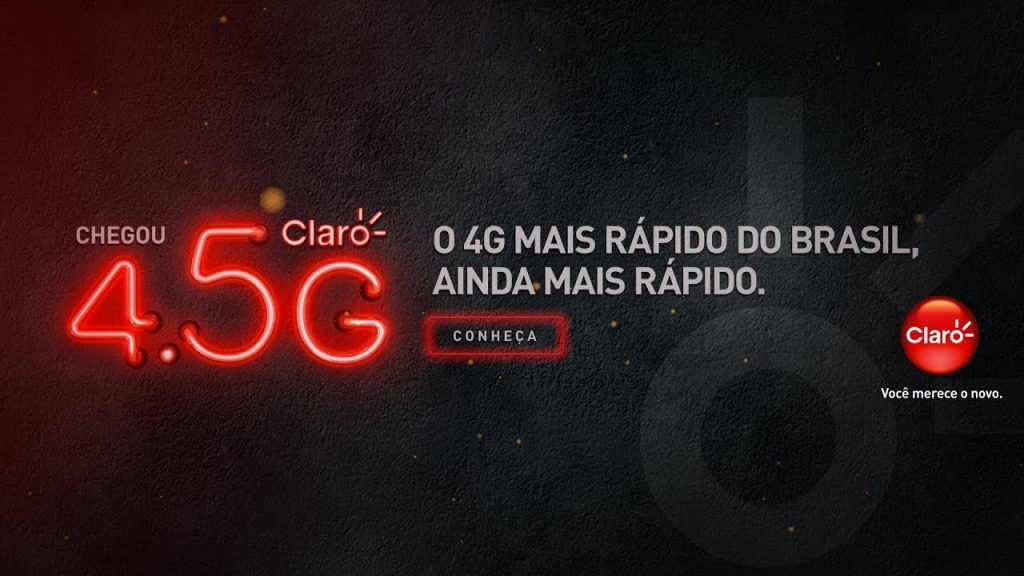Cell phone carriers have a long history of using dishonest practices to dupe customers into thinking that they’re on the latest and the fastest network. The American network provider behemoths AT&T and T-Mobile referred to their 3G HSPA+ network as 4G when LTE hadn’t widely rolled out.
Following the trail it had taken in the past, AT&T has begun advertising its Advanced 4G LTE network as 5GE. The fact that AT&T pulled such a stunt, forced tech journalists to make the facts clear to the consumers that may end up falling for the carriers tricks. Responding to the backlash, AT&T CEO John Donovan said, “Every company is guilty of building narratives of how you want the world to work”.
Donovan further added that, by branding its faster LTE packets as 5GE, the company is essentially picturing the type of speeds the customers should expect from (the actual) 5G. However, according to network experts, the speeds AT&T advertises with its 5GE network aren’t actually any better compared to its 4G network and in some cases, it’s actually slower when compared to Verizon’s same.
5G is not here yet
When it was assumed that it was only American network providers that were falsely advertising their tech, it has been reported that, a Brazilian cell phone carrier named Claro has been doing something similar on these lines. Claro took a different path, rather than creating a new name altogether, it just started referring to its faster 4G LTE network as 4.5G.
However, what makes it a marketing gimmick is that, Claro minimized the numeric “4” and emphasises the “5” to make it appear as 5G. To the naked eye or at-least at a quick glance, it actually looks like Claro is actually offering 5G speeds. Nonetheless, Claro’s marketing attempt it actually a clever marketing trick whereas AT&T is clearly making a fool of its customers.
To add to the already clever marketing, the cable providers in the US started referring to their offering as “10G” which is a stretch. With 5G claiming to offer unmatchable speeds, it appears as if the broadband providers are afraid of customers dropping out.

